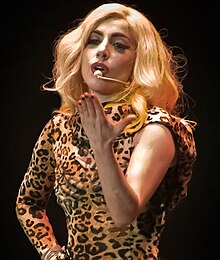Every time I see these words as they introduce a statement, I’m tempted to skip anything that follows them.
After all, if something is “needless to say,” why say it?
Do we really need to write “for example?”
Admittedly, I do it all the time. I know if my words are clear, concise and comprehensive, I don’t need to tell someone I’m citing an example.
I guess the usage goes back to my high school English teacher who insisted we use examples in all our writing. I vow to stop using these two words together again.
Do you really mean you “could care less?”
If I hear this phrase one more time, I might slap myself on the forehead. If I see it on a blog or in an article again, I will definitely respond.
Think about how the phrase breaks down. If you COULD care less then you must care.
Here’s one I find strange: “Let me state …”
No! I’ve already allowed you to state numerous things. Why do I have to give you permission now?
Who’s saying (writing) it anyway? “If it were me” (also known as “If it was me”) I already know it is you.
Finally, this one bothers me: “Plan on.” From what I know about the English language, “on” needs some kind of contact. You can put your plan on something but you plan to do something.
Redundancy lives. It breathes – in books, articles, blogs, columns, practically anywhere a writer writes. We’re probably all guilty. I know I am. At least, though, I won’t uses these six demons again.








